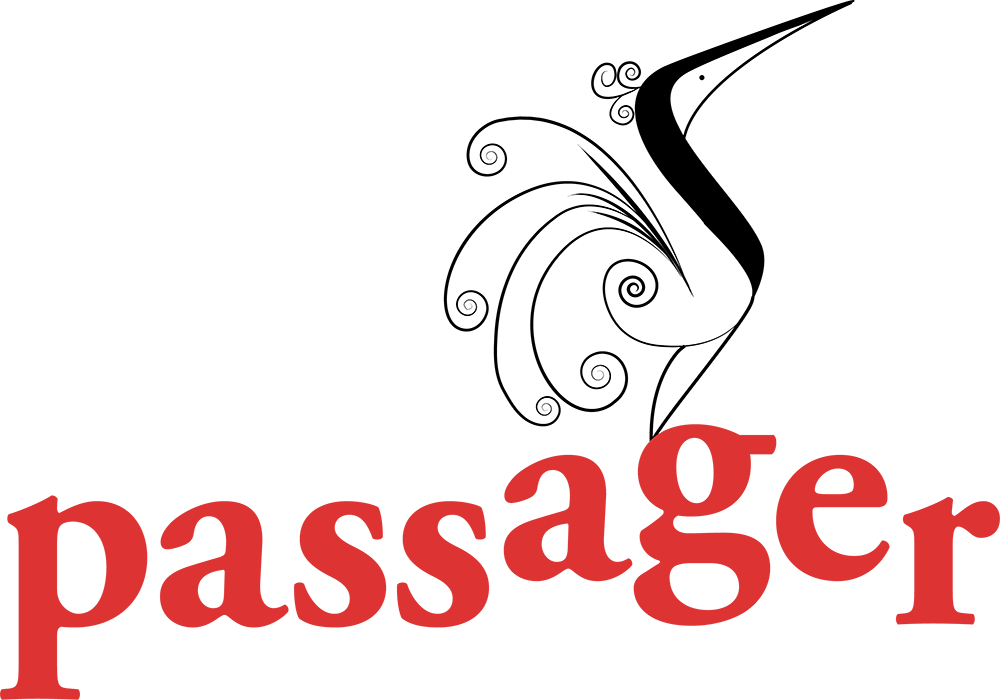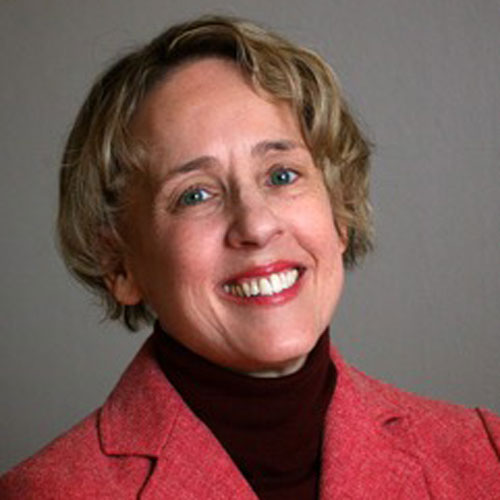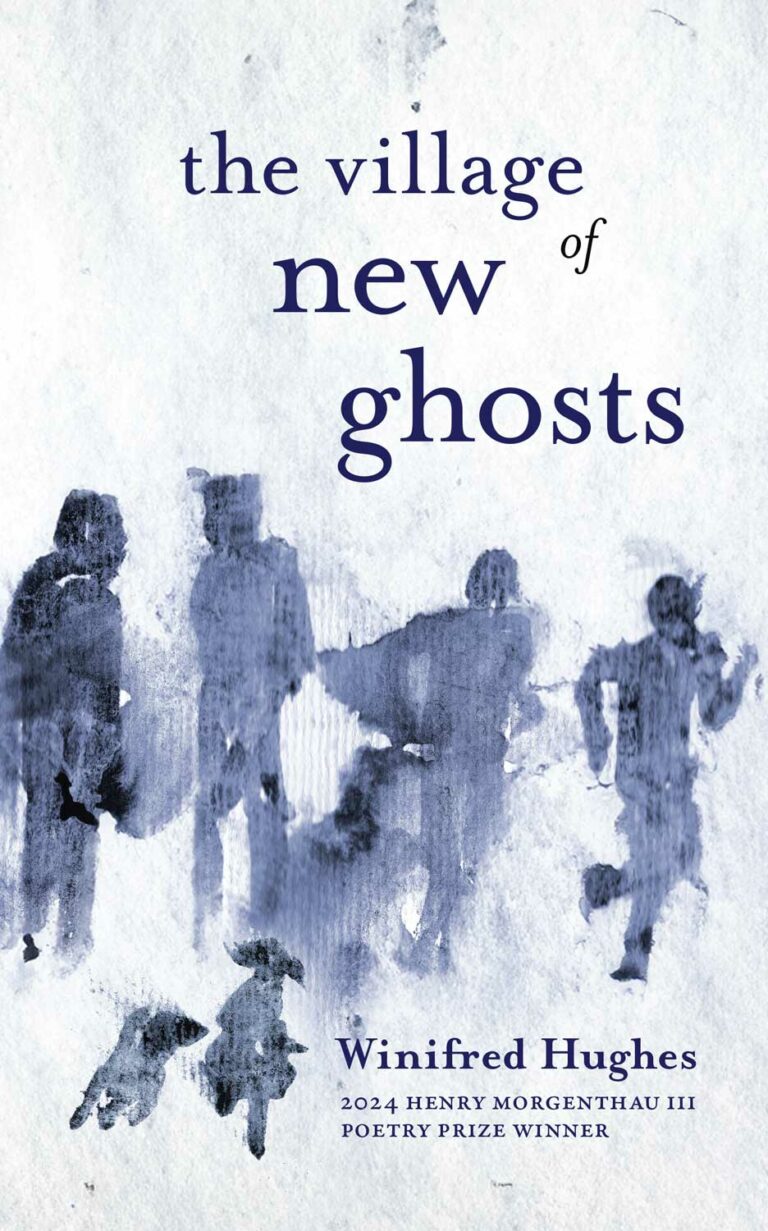“I learned to nourish myself”
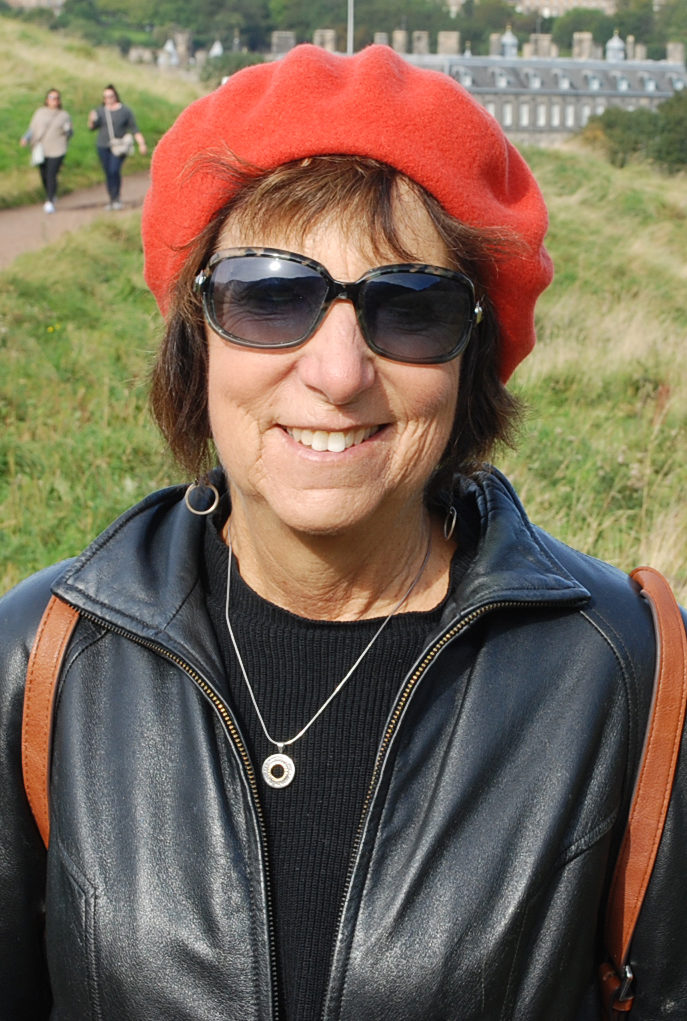
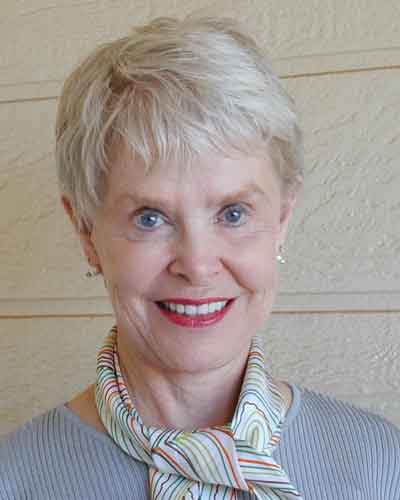

Conditions, cures and coping, featuring poems by Liz Abrams-Morley, Mary Jo Balistreri and Winifred Hughes.
7 minutes
TRANSCRIPT
November 7, 2024, marks the 157th birthday of Maria Sklodowska; most of us know her by a slightly different, married name: Madame Marie Curie. The Nobel Prize website says she championed the use of radiation in medicine and fundamentally changed our understanding of radioactivity. Madam Curie won the 1903 Nobel Prize in Physics and the 1911 Nobel Prize in Chemistry, no slouch honor. She died when she was 66 of a condition she developed after years of exposure to radiation through her work.
At roughly the same time, Wilhelm Conrad Röntgen won the 1901 Nobel Prize in Physics for his discovery—on November 8, 1895—of X-rays. One of his first x-ray images was his wife’s hand. When she saw it she said, “I have seen my death.”
X-rays. Radiation . . . To commemorate these two major advances in medicine and the people who discovered them, three pieces about conditions, afflictions, cures, and coping.
Liz Abrams-Morley said that her mother loved music, color, and nature; she taught Liz to engage the world, but kept much of her own past hidden. Liz said, “I spent my childhood constructing what I came to believe was her story.” Here’s Liz’s poem “My Doctor.”
My doctor prescribes potassium pills
Or, he says, a banana a day and I’m
seeing my long-dead mother
each time I reach for the fruit she taught me to eat
to settle a roiled stomach.
How often she’d say she was, herself,
allergic to bananas, though yellow,
the color of optimism, was the color
she craved each spring. Yellow forsythia,
yellow sun, yellow on a mild fruit she once called
toxic, my often silent mother.
Now yellow warblers blur past my streaked kitchen window,
a goldfinch dips, flies off. All gray winter:
Mother in her room, face to a white wall.
I learned to nourish myself.
From Passager’s 2010 Poetry Contest Issue, Liz Abrams-Morley’s poem “My Doctor.” Liz was the 2020 Passager Poet.
Mary Jo Balistreri said that in 2008, she had a cellular breakdown that affected every area of her brain and should have ended her life, but her friends, the “Grammas,” never lost hope. Mary Jo said she wrote “The Return” to celebrate that long-standing friendship and dedicated the poem to the Grammas.
We lean forward to fit into the camera’s lens, all seven
of us squashed together. Our weekly gathering
celebrates returns: of spring, of the snowbirds.
Of my own return from serious illness.
But standing in that spring field with my friends, the scarlet voice
of poppies screamed the sun’s too strong, and as I ran
my fingers gingerly over buttercups, I thought, they are not
as I remember. A nugget of fear lodged in my chest.
Months later as I look at my smiling face in the photo,
I recall how awkward that first get-together was for us all.
No one said anything except how good to have me back,
how good I looked. We were all adjusting to my croaky voice,
loss of hearing, of mobility. While some had returned
from vacation, I had returned from the dead.
I feel again the aloneness of that first excursion, how I was
a stranger to myself as well as to them; the tears shed
that I’d never be the same. It was true. I look no different
carry, like Persephone, indelible marks
from the underworld – caution and distance,
less certainty. Less energy.
But as I write this poem, I thank the Grammas:
Their cards that fill a book. The patchwork quilt
made for my homecoming from the ICU, each square,
an individual hand imprinted within. A wall hanging
in my bedroom now, I look to those hands,
wake to them yet, each morning.
Mary Jo Balistreri’s poem “The Return” also from Passager Issue 50, the 2010 Poetry Contest Issue.
Winifred Hughes said that when we write about things from our past, we reanimate them and make them new again. Here she is writing about an event she missed: “In Early March.”
I missed her dying.
How could I not have been there
after so many days of watching
at her bedside, reading poem
after poem as though words
could have something to do
with this shutting down, as though
silence needed words to contain it,
as though words might be breath?
Someone else heard the last, someone
else touched his hand to her eyes,
while I had gone from the books
that she loved into the raw poem
of the marsh at dusk in the last
of winter to see the clumps of reeds
dissolving into mist, the slice of sky
holding out against encroaching
extinction, and the small bodies
of woodcocks launching themselves
into that lowering remnant of sky.
Winifred Hughes’s poem “In Early March” from her brand new book The Village of New Ghosts.
To buy Winnie’s book, subscribe to, or learn more about Passager and its commitment to writers over 50, go to passagerbooks.com. You can download Burning Bright from Spotify, Apple and Google Podcasts, and various other podcast apps. Passager offers a 25% discount on the books and journal issues featured here on Burning Bright. Visit our website to see what’s on sale this week.
For Kendra, Mary, Christine, Rosanne, and the rest of the Passager staff, I’m Jon Shorr.
